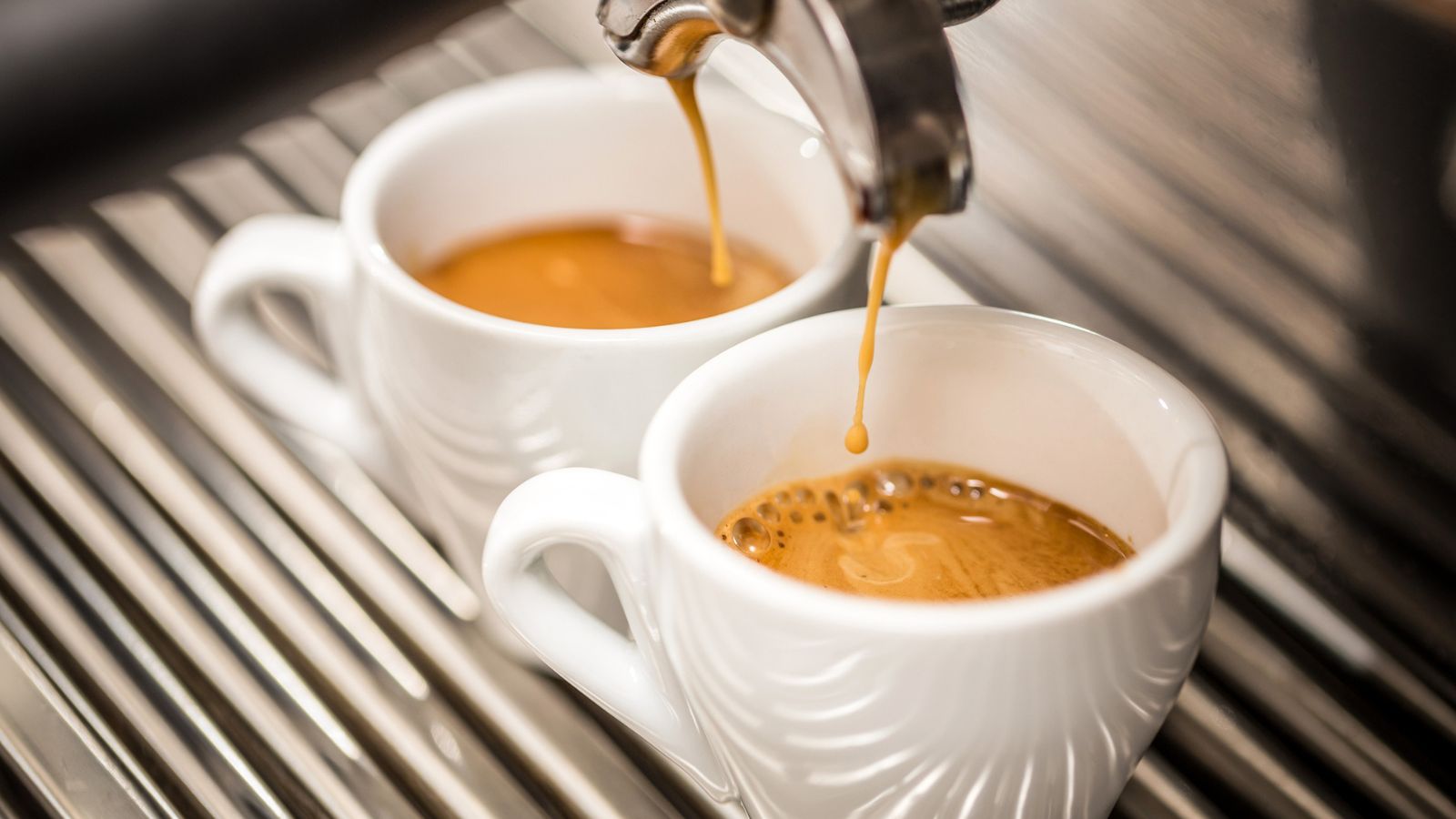It’s an acquainted scene: you stand in the bin, trash in hand, and wonder: “Can I recycle this?”
We tend to throw it in the recycling bin anyway, hoping that a few unknown men or women will type it out somewhere else. Recyclers call this aspirational recycling or desire-biking.
While recycling is still a crucial device for handling the flood of plastic inundating the planet, it’s time for a fact to look at it.
1. Your coffee cup possibly isn’t recyclable
Items composed of different substances present a huge challenge for recyclers. The billions of single-use coffee cups discarded every 12 months are a traditional example: a thin plastic coating in the cup may additionally prevent leakage, but it’s extremely tough to separate it from the paper cup itself. That way, the cups can’t be recycled as paper, nor can they be recycled as plastic. Their remaining destination is usually the landfill.
Coffee cup lids don’t fare much higher – due to the low quality of the plastic, they aren’t particularly appealing to customers of secondhand plastic, and on any occasion, they tend to fragment into small, unusable portions. Some curbside programs propose putting them straight within the trash bin. The nice solution is to get your very own reusable espresso cup.

2. Toothpaste tubes want special remedy
Clean teeth, yes. The clean planet is questionable. Toothpaste tubes are another troubling composite: while the bulk of the tubes can be made from plastic, they can include different materials, including a thin aluminum coating. Tubes and toothbrushes also contain extraordinary plastics blended collectively (hard-managed, gentle bristles), increasing the demand for separating and processing each individual individually.
Most curbside packages don’t accept oral care merchandise; however, new schemes, including a partnership among Colgate and Terra Cycle, encourage humans to ship in their old tubes, toothbrushes, and floss bins for proper processing. Metal tubes, glass jars, and toothpaste tins are more extensively recyclable than their plastic counterparts, and plastic-free, compostable bamboo toothbrushes are becoming increasingly famous.
3. Don’t be fooled by using meals packing containers
It’s horrific that fruit and vegetables come pre-packaged with their nutritious skins and are sold in plastic containers. What’s worse is that the flimsy “clamshells” they frequently are available in are low fine and made of different sorts of plastics – the field should be company while the hinge must be gentle – and hence are bad applicants for recycling in the US. This applies to takeout containers, too.
In general, plastic bottles labeled with the recycling numbers one and a pair of, inclusive of objects including soda, water bottles, and milk jugs, are universal across the USA, says Mitch Hedlund, the founding father of the now not-for-earnings Recycle Across America. “Any empty plastic bottles with a neck and screw on the cap are recyclable,” she stated. Beyond that, it’s less confident, and you ought to test along with your neighborhood recycling facility. She shows keeping strawberry containers and flimsy clamshells from your curbside recycling unless your local issuer accepts them.
4. Yes, your recycling desires to be wiped clean
If you assume that a paranormal individual at a recycling plant is washing out your jar of crusty tomato sauce or scrubbing the remaining nighttime’s takeout packing containers, think once more. Recycling facilities normally no longer do easy recycling before processing it, so you will develop an even bigger problem if you don’t.
Most US recycling programs are “unmarried flow,” meaning all family recycling (paper, cardboard, plastic, glass) goes into the equal bin. A plastic box full of food, soda, or leftover shampoo should leak and contaminate a batch of flawlessly exact recyclables, rendering the entire thing junk.
“Food waste is surely a contaminant that can make different gadgets grimy and entice pests,” says Marissa Begley of Millennium Recycling, a recycler in Sioux Falls, South Dakota. While recyclers say your objects don’t need to be squeaky smooth, dirty objects will gain from a quick rinse or removal of excess meals and liquids. “This ought to suggest truely scraping out a peanut butter jar with a spatula,” says Begley. “We honestly appreciate it.”
5. Plastic bags are a recycling plant’s nightmare
Despite unmarried-use plastic bag bans in California and New York and rising consciousness of their harm, many still find their way into the recycling machine. Hedlund of Recycle Across America calls them the worst wrongdoers of want-biking because of the damage they cause to the recycling plant.
Flimsy plastic baggage quickly degrades and may clog up the high-priced sorting gadget, causing delays and endangering workers. “Often recycling centers’ multimillion-dollar processing machines must shut down each half hour because the plastic baggage gets jammed into the gadget,” Hedlund says.
She says plastic bags must be stored away from curbside recycling unless your neighborhood recycler advises otherwise. Honestly, don’t use them to bag up your different plastics or line your recycling bin.




